
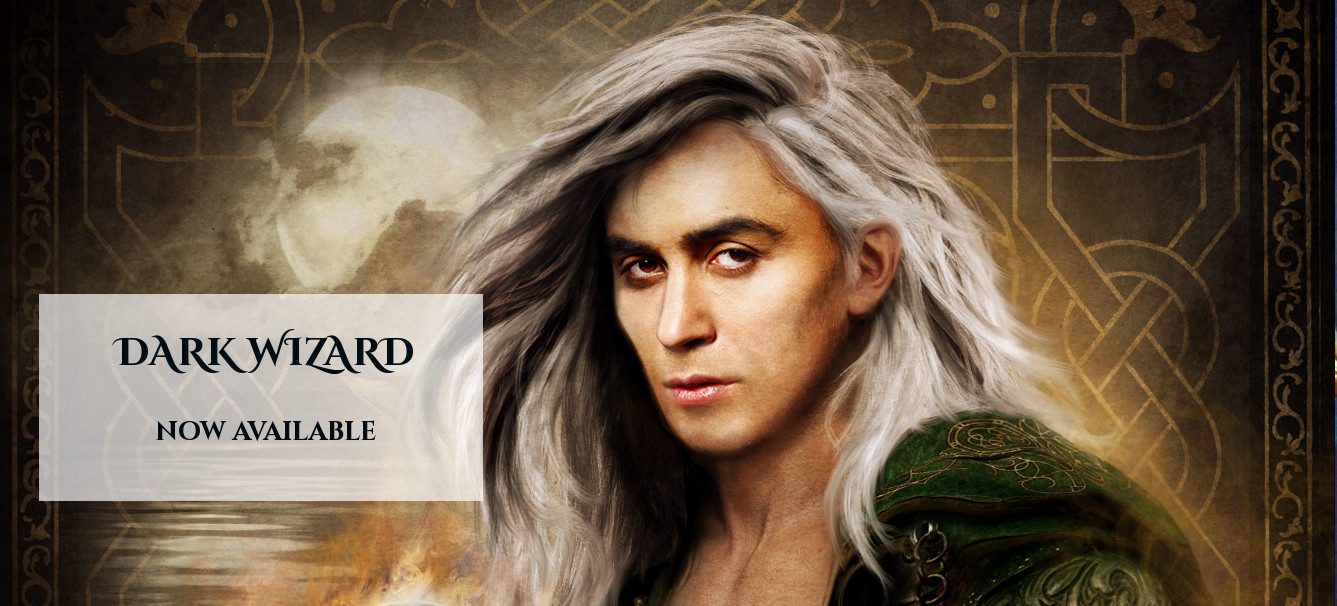
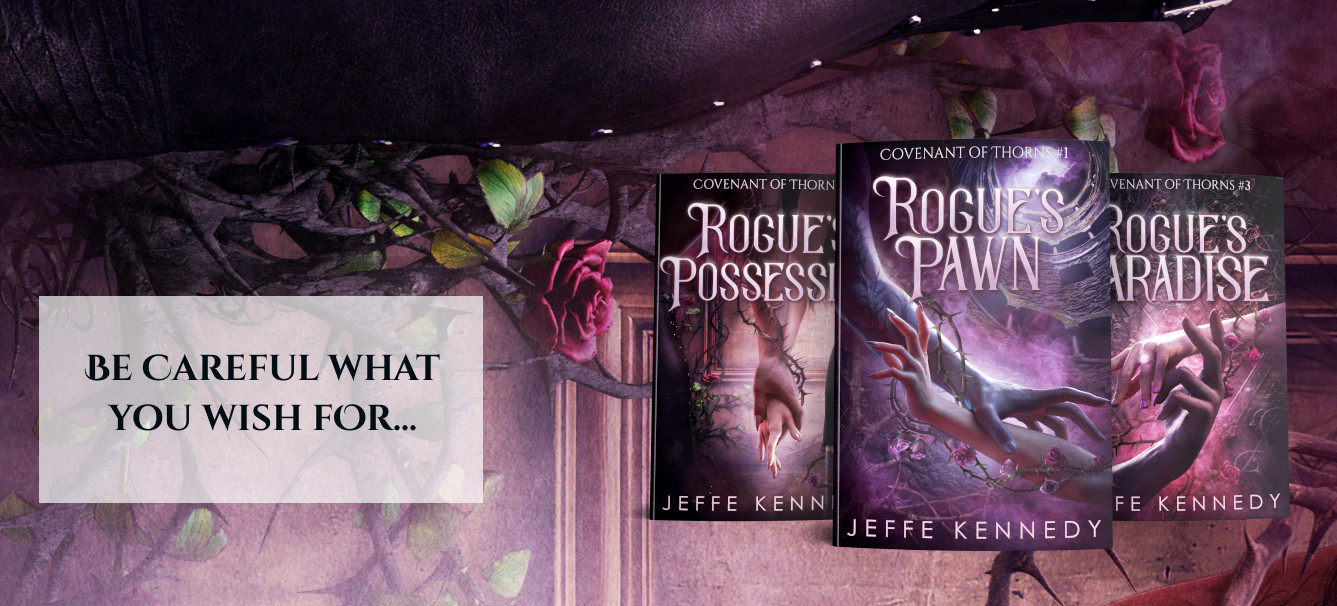
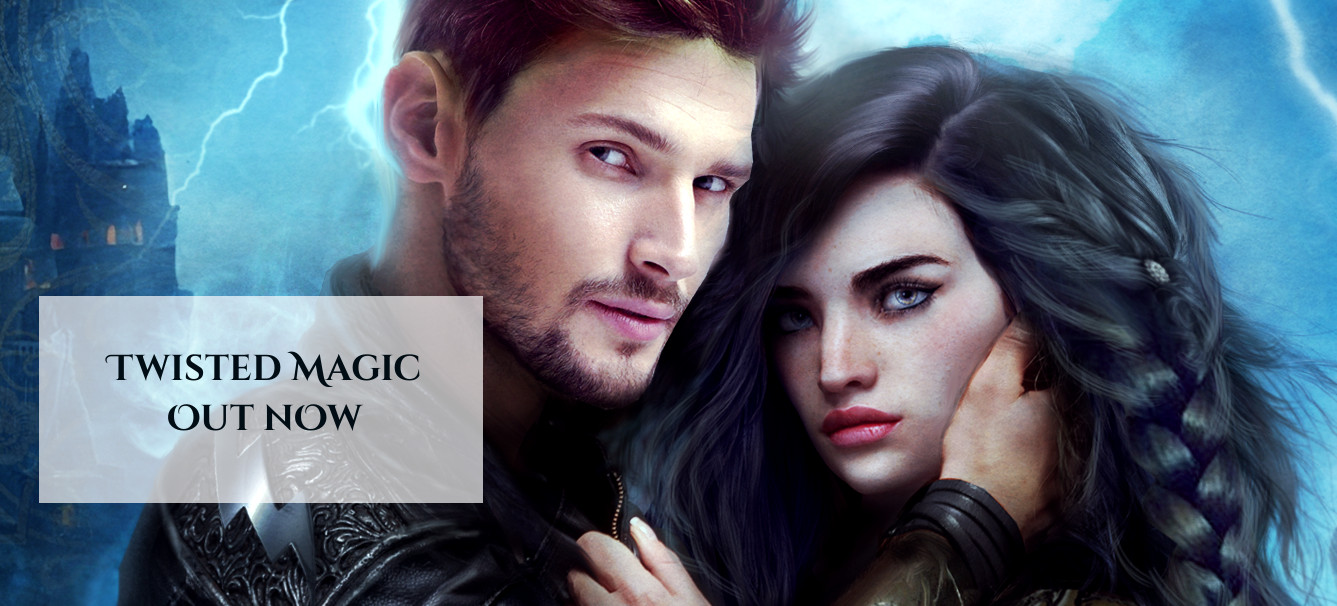
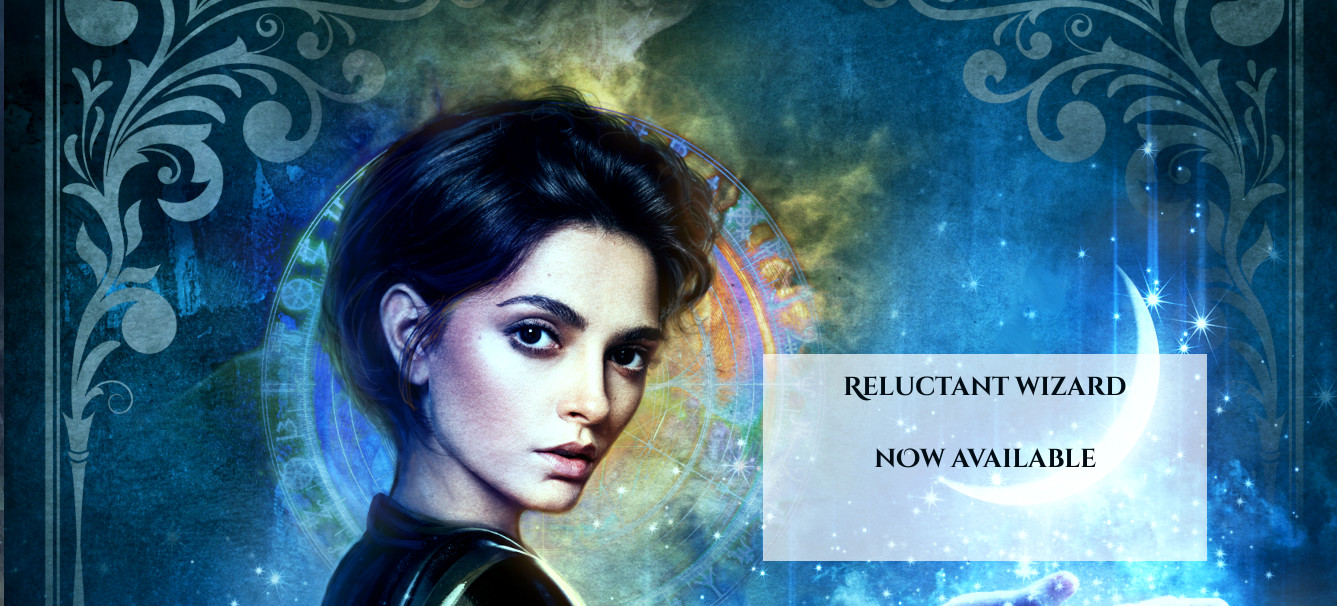
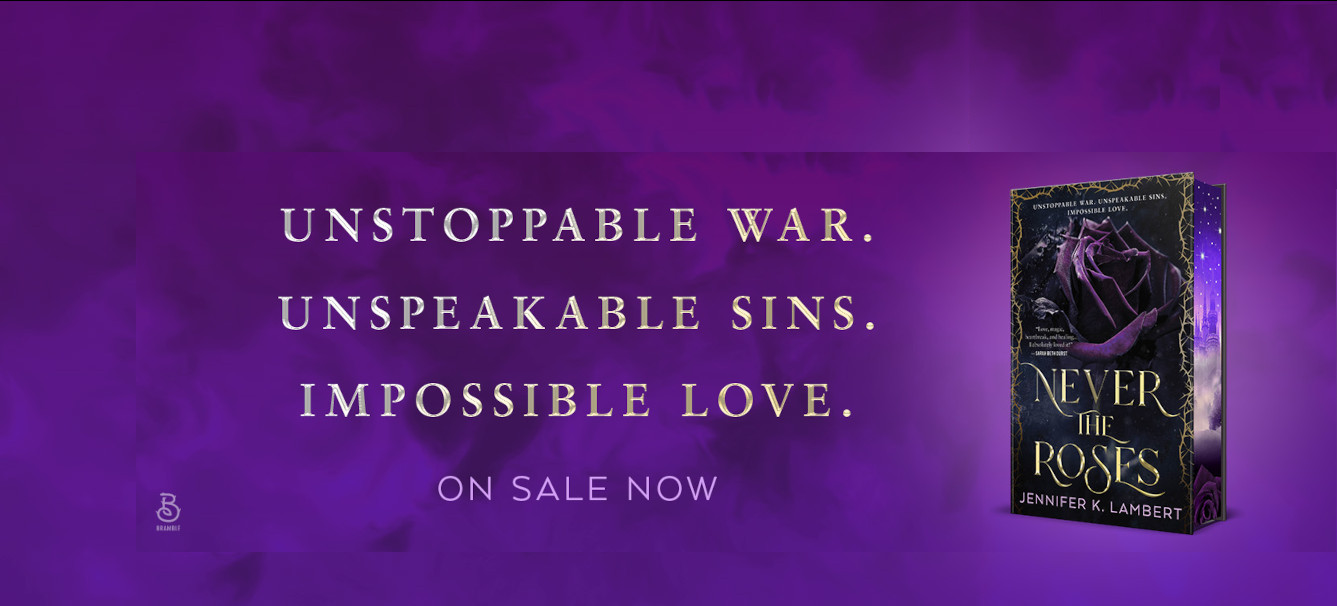
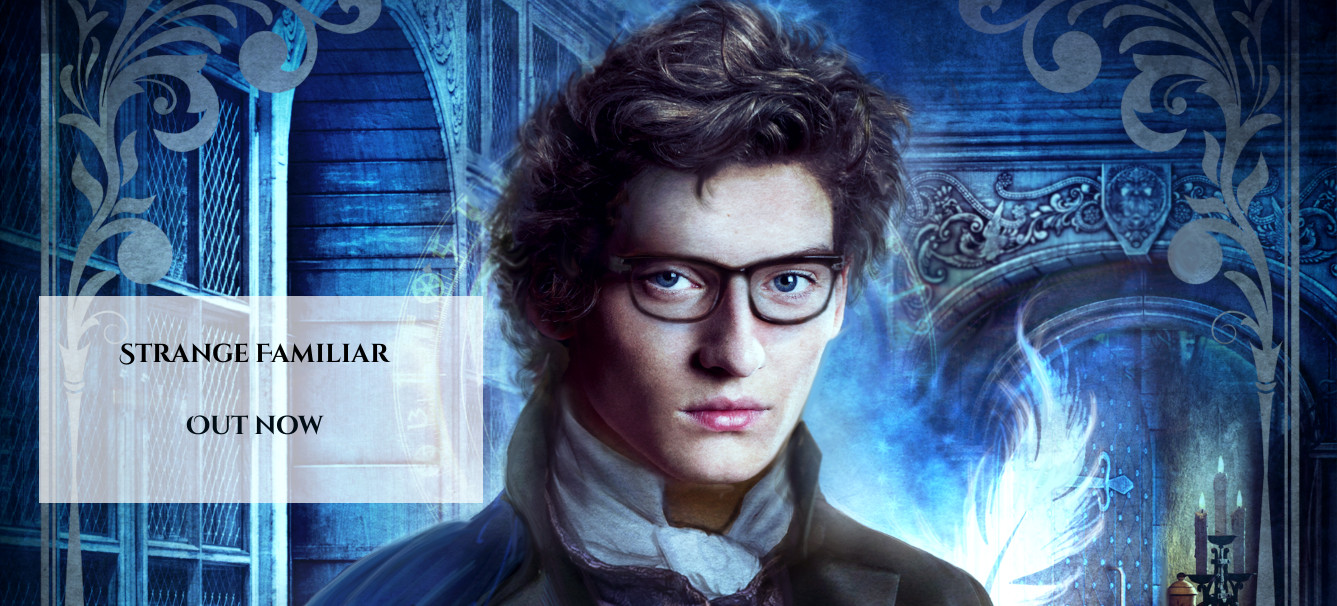
Slowing Things Down
I don’t read my reviews in general. At least, I try not to. Sometimes reviewers tag me – like the wonderful gals here at RBtW do – and sometimes a line catches my eye and I have to look. The thing is, even good reviews can be distracting because they put expectations and other voices into a writer’s head, when all that should be there is the story.
It is, however, more or less impossible to avoid all reviews. And then sometimes wonderful reviews mention other, less glowing comments.
So, I can’t help knowing that some readers found the opening of THE ORCHID THRONE to be slow. Some reviewers have said things like “yeah, I thought it started slow, too, but then I got into it.” I wince a little, seeing those comments, because a slow start is bad, right? I mean, a newbie writer, a slow start is the kiss of death because it means you’ll lose readers on the first page. A lot of information out there focuses on the hook and snagging the reader’s attention fast. But then I have to remind myself of a very important piece of information:
I did that on purpose.
I really did. When I wrote – and revised many, many times – the opening of THE ORCHID THRONE, I kept coming back to a particular feel and pace I wanted to set for this alternate fantasy world. I wanted a sense of stateliness, of elegance, of an island paradise where pleasure and beauty are paramount and the urgency of time fades away.
It asks a lot of the reader, I know. I’m asking them to give the story a chance to slowly build, to take a step away from busy, even hectic, lives and sink into a world where time moves differently.
It especially asks a lot because, as consumers of entertainment, we’re increasingly trained to expect a fast hook and immediate payoff. It’s easy to see this transition by looking at how movies have changed. Watch a classic 40s flick and you might find yourself impatiently fast-forwarding through those excruciatingly long intro credits with the soft, sweeping music and PowerPointesque background layouts. Hell, I do it. And, while there are some movies that deliberately create a mood with those slow openings, it’s clear that most of them just stuck on that boilerplate credits sequence. These days, not only do movies not show credits until the end, some don’t even show the title until well into the story () or at all ( ).
In the era of bingewatching, the next episode in a series queues up with a fast countdown – maybe five seconds – and plays with an opening that picks up on the same beat as the previous episode’s ending. We expect that, and there’s a place for it. I am absolutely that person who tries several streaming shows, discarding one after another based on a few minutes of watching, until I settle on the one that grabs me.
I’m also the reader who gives herself permission to bail on a book if I’m not loving it. I used to read all of every book I picked up – when I was young and had years of life to burn – then I went to giving each book 25% to hook me. Nowadays? Yeah. Maybe the first chapter. Maybe not even that much.
Still, I remember those days when I chose books for length – the longer, the better. Nothing made me happier than a fat fantasy novel that lasted nearly forever. I loved being transported to another world, a different time, and slowly reemerging to my own life drenched in that other feel.
So, I totally get it. The slow, dreamy opening of THE ORCHID THRONE is a lot to ask. And I get if it’s too much to ask. No harm, no foul.
But for those who do sink in, who allow the slower pace to transport them, thank you for taking that journey with me.
*Previously published on Reading Between the Wines Book Club in 2019*